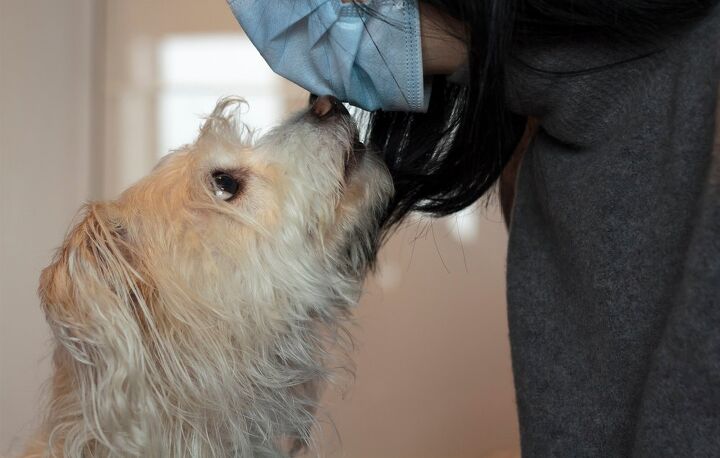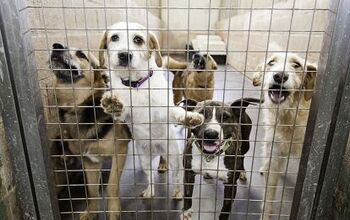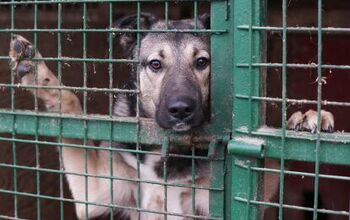Dogs Prove to Be an Effective and Cheaper Option for Covid Detection

A recent study from Rwanda suggests that dogs trained to detect Covid can do so as effectively as traditional Covid tests, and less expensively as well.
Dr. Leon Mutesa is the director of the Centre for Human Genetics at the College of Medicine and Health Sciences at the University of Rwanda. He led the study to determine whether dogs would be a cost-effective alternative to PCR testing for Covid. He and his team knew that dog detection of Covid also needed to be clinically accurate if it was going to be a cost-effective solution.
Working with Rwanda National Police to find the dogs they believed would be good at detection, they worked with police dogs from the Netherlands in the study.
They began their research work with the Delta variant in September of 2021. According to the study, four dogs were trained over five months to detect VOCs (volatile organic compounds) in sweat samples that had been collected from human subjects. The samples were of those who’d been confirmed positive or negative Covid-19 cases and came from the human’s underarm.
The research team trained the dogs using a scent-based Detection Dog Training System (DDTS). The DDTS has five holes with L-shaped tubes coming out from behind them nestled inside. At the end of each tube, the samples sat on mesh and allowed the scent to escape. The shape of the tube kept the dog from looking for visual cues to help detect differences.
The scientists found that the range of detection was 75.0% to 89.9% between the highest and lowest-performing dogs. While the study took an unfortunate turn during the second half when sensitivity decreased from 36.6% to 41.5%, specificity– the ability to avoid false positives–stayed high at 95%.
The best takeaway from the study is that detection dogs are significantly less expensive for testing, believe it or not. It only cost $14,000 to test all 5,238 people in the sample. That adds to about $2.67 a sample. More, using detection dogs brought result times down to less than three hours, as compared to eleven at minimum with PCR diagnostic testing.
The study concluded that detection dogs could be quickly and efficiently trained and that governments could use dogs as a defense against infection. This supports previous research that has had similar findings.

More by Lori Ennis























